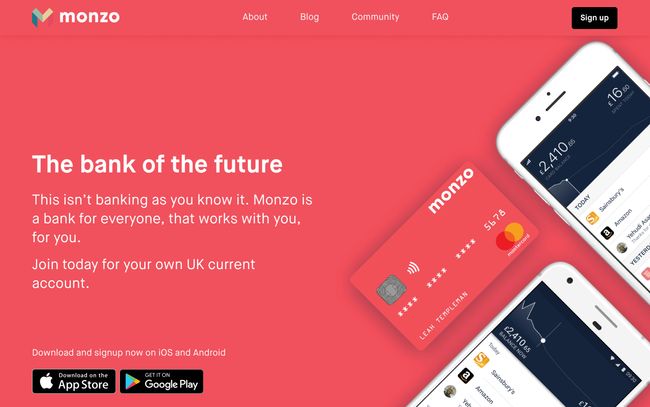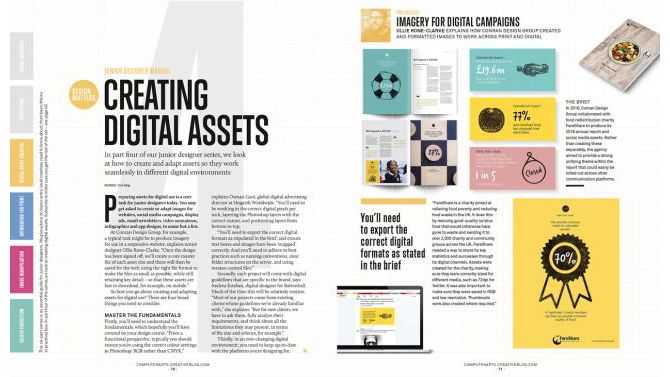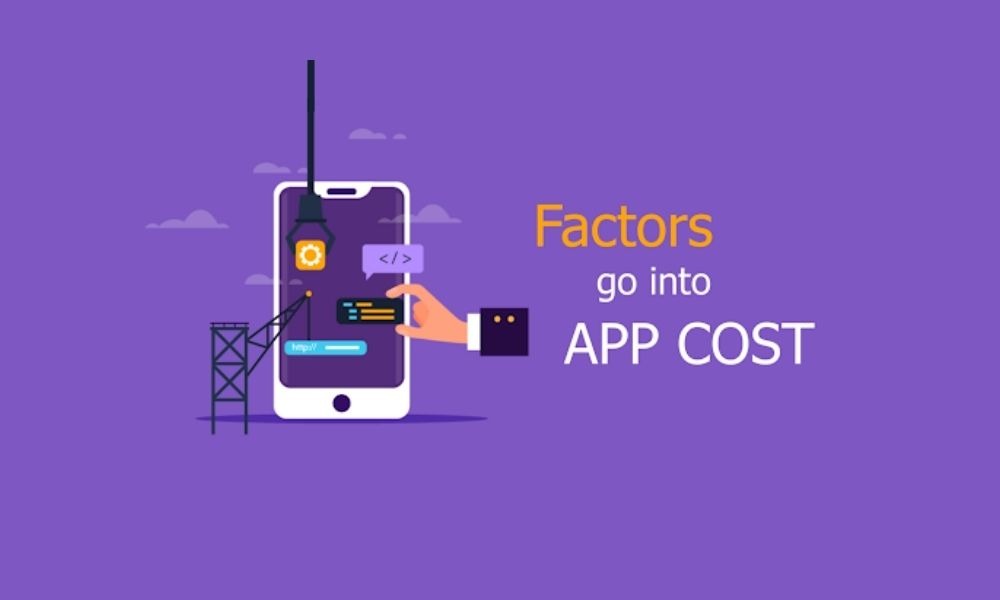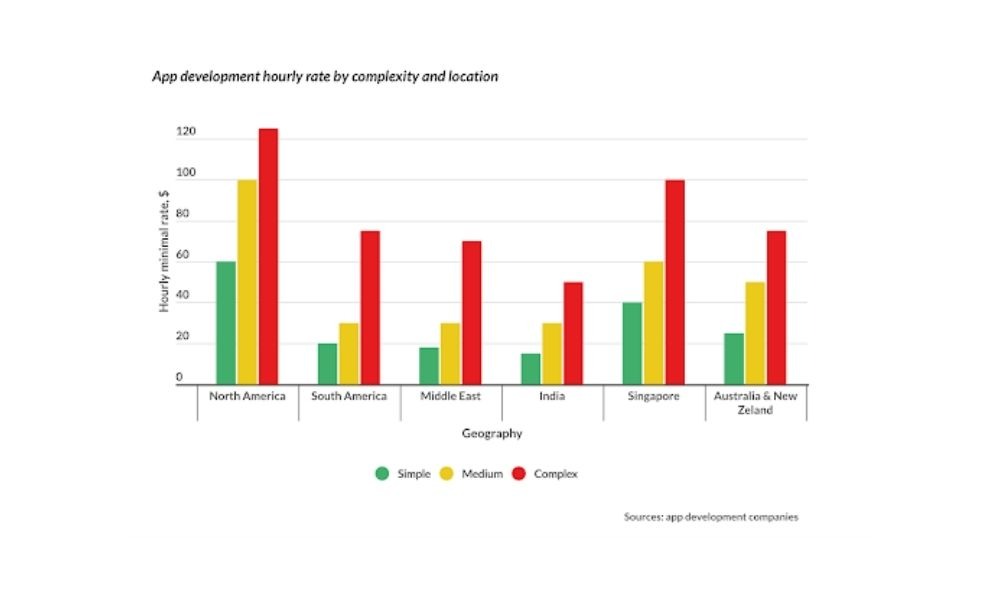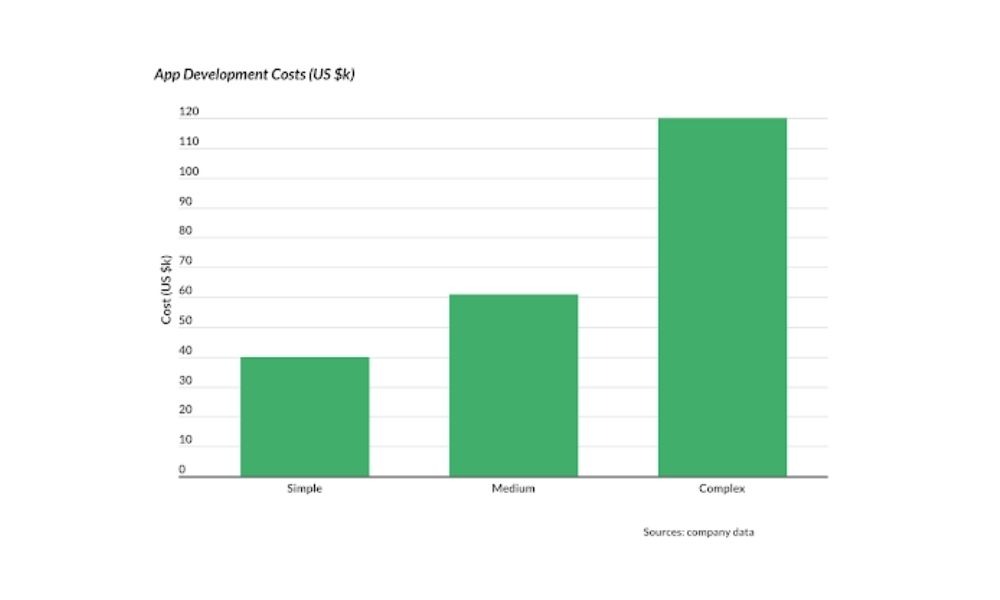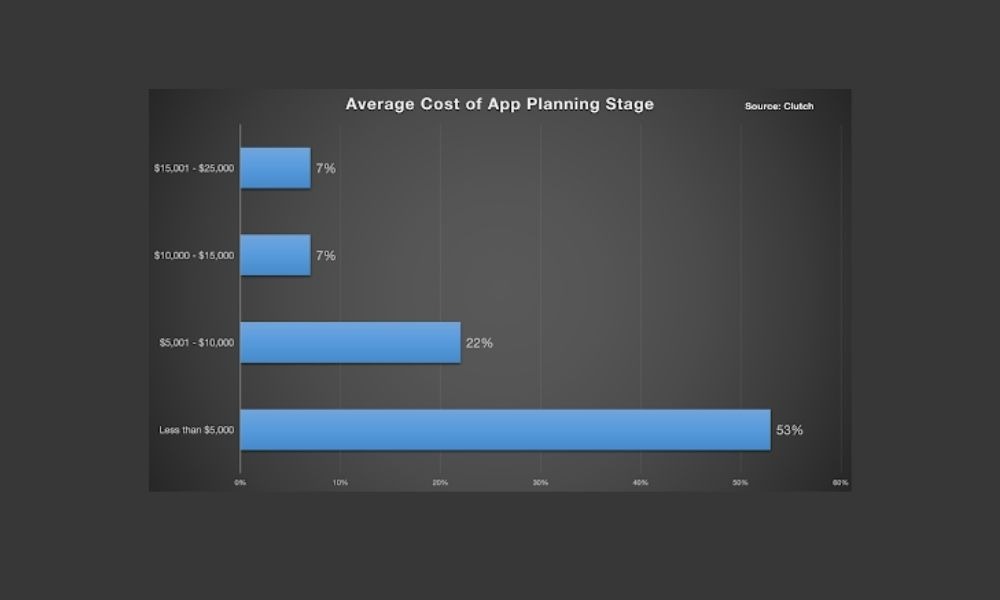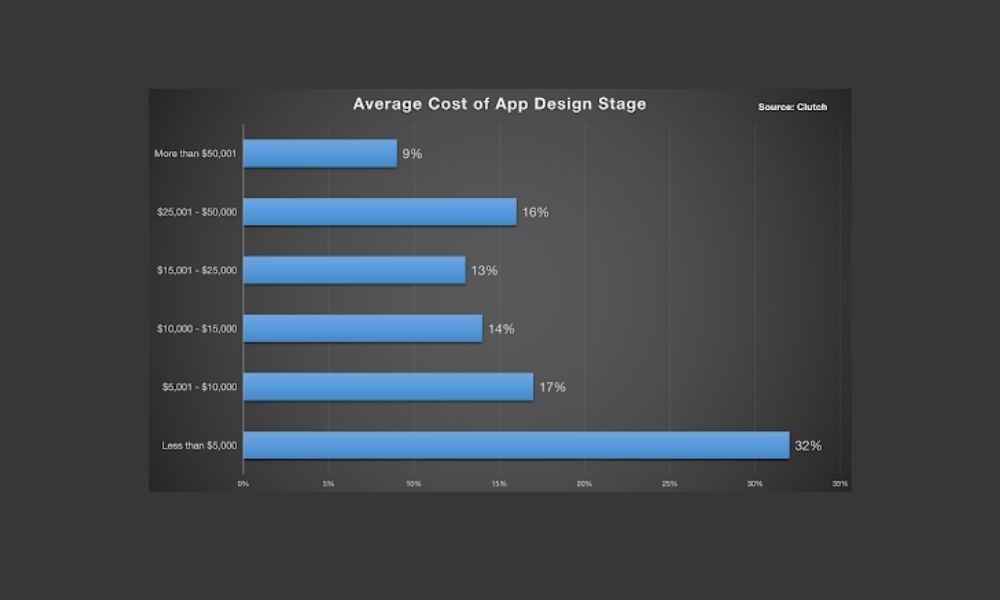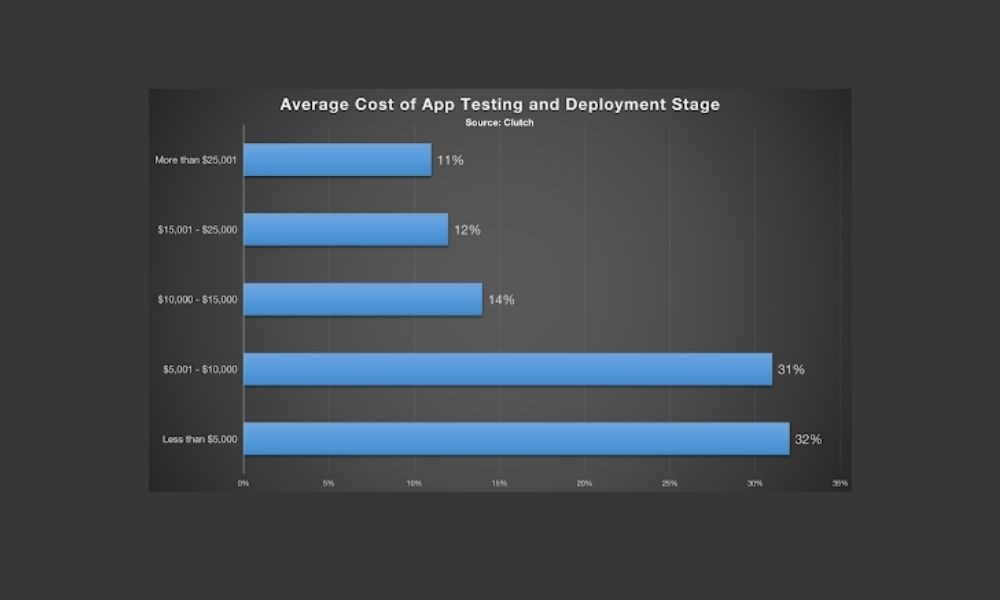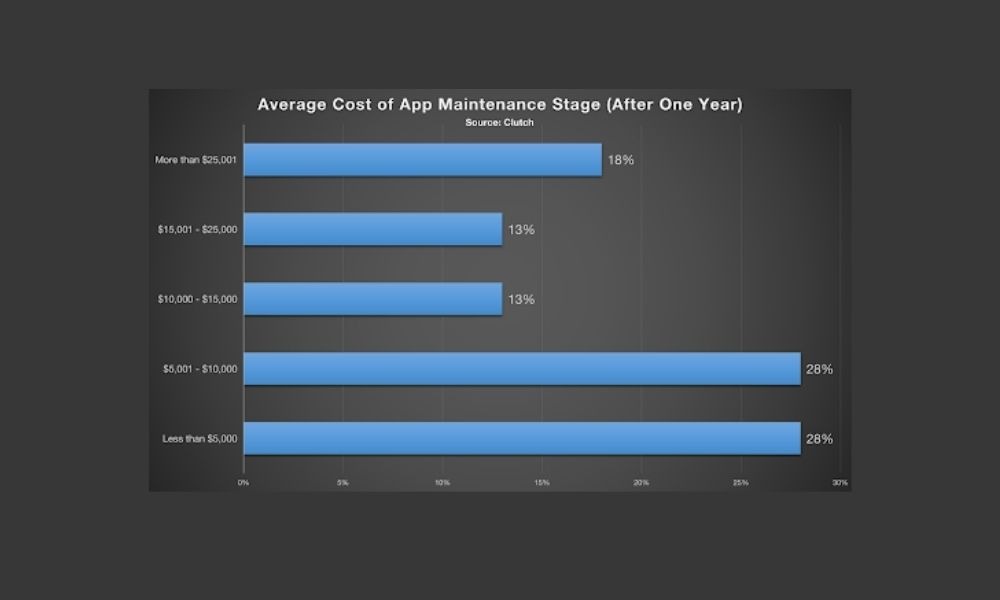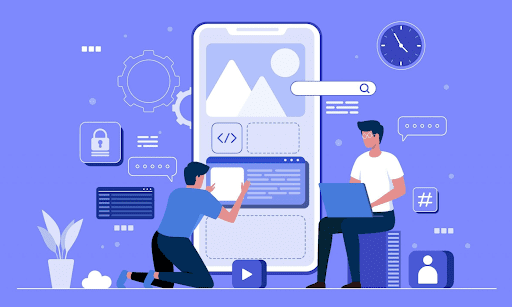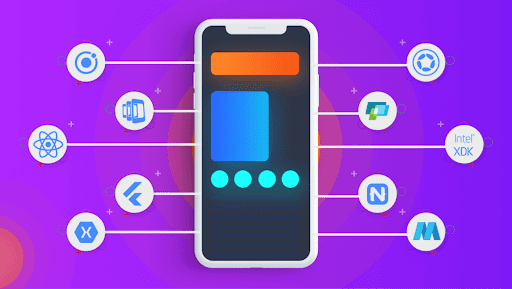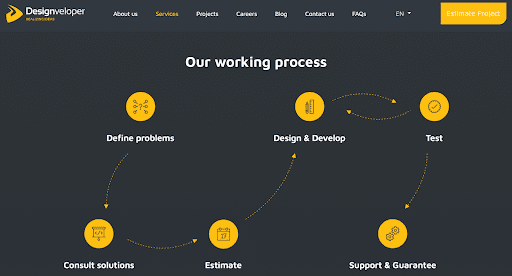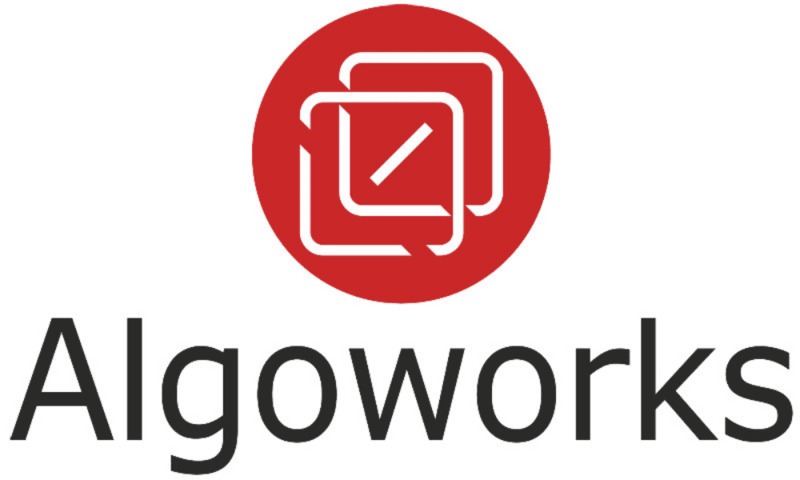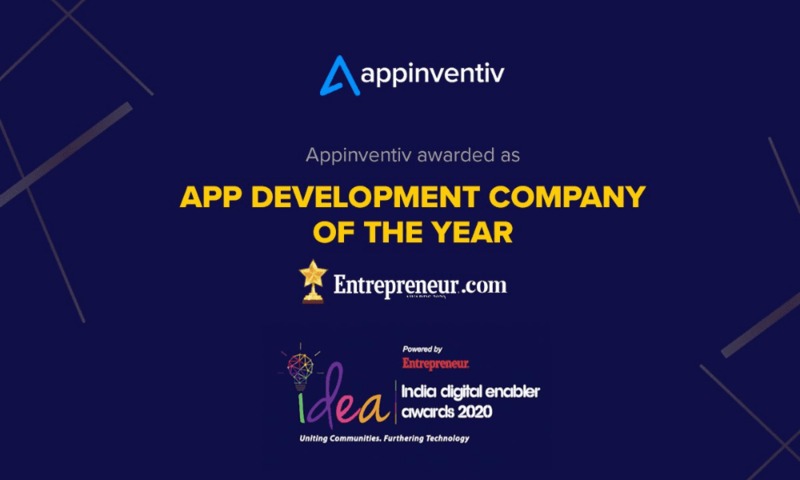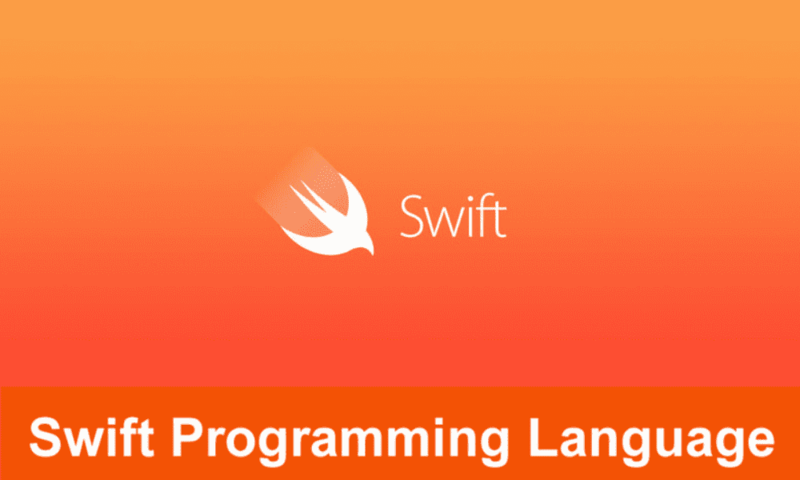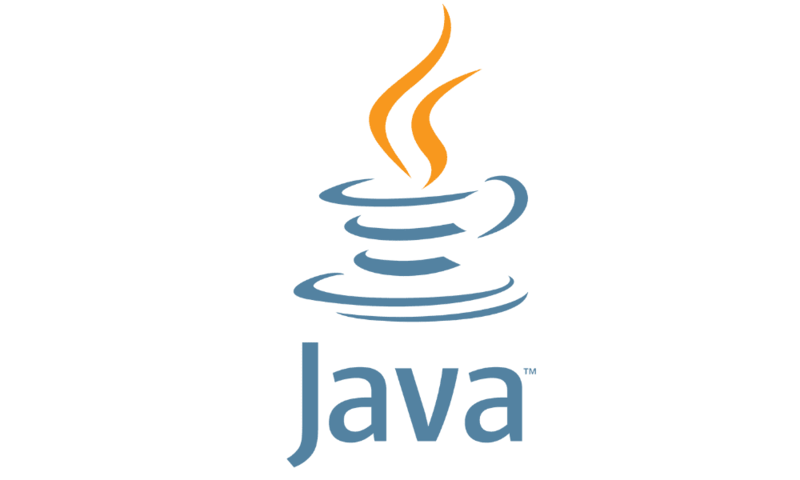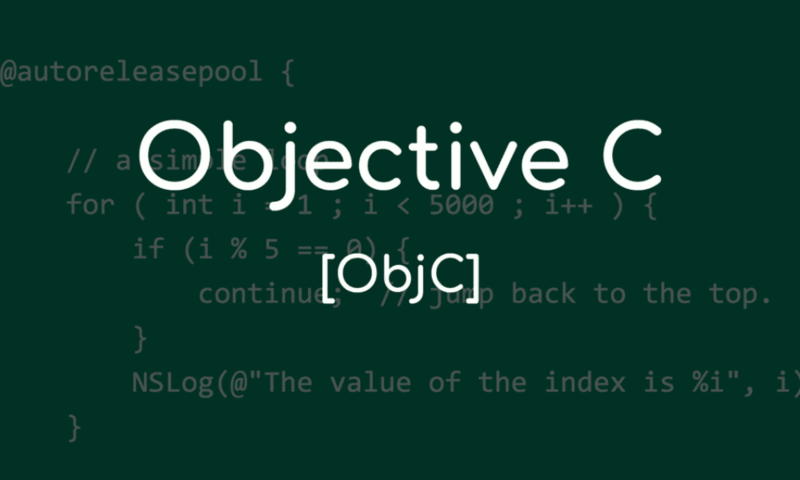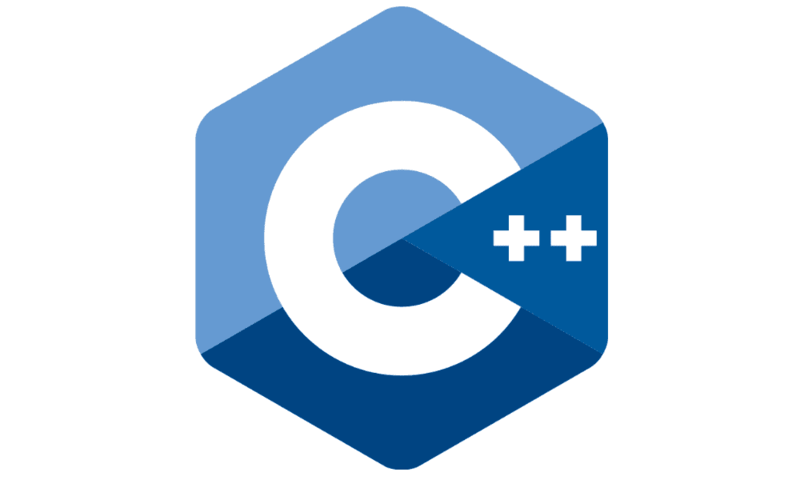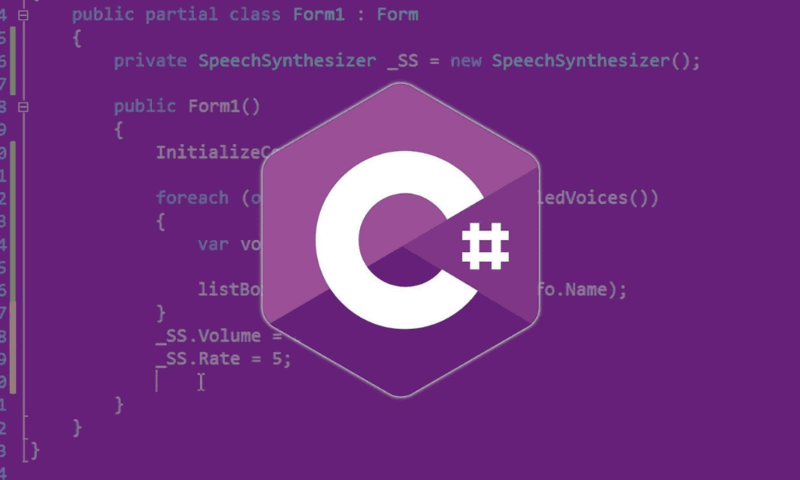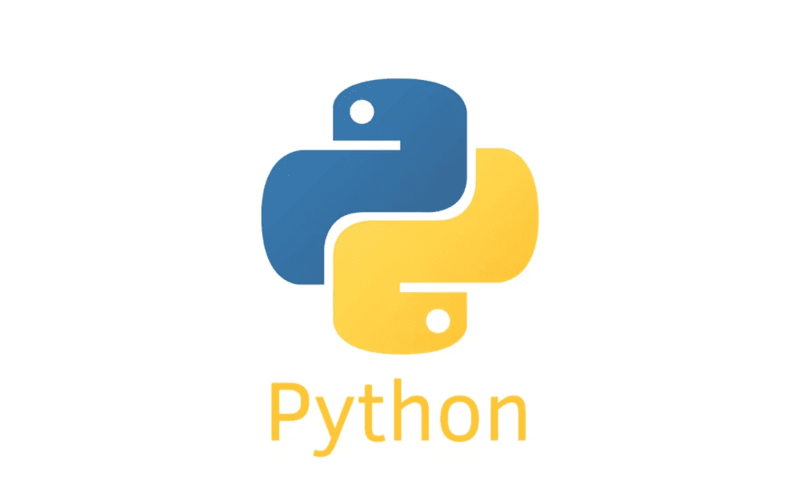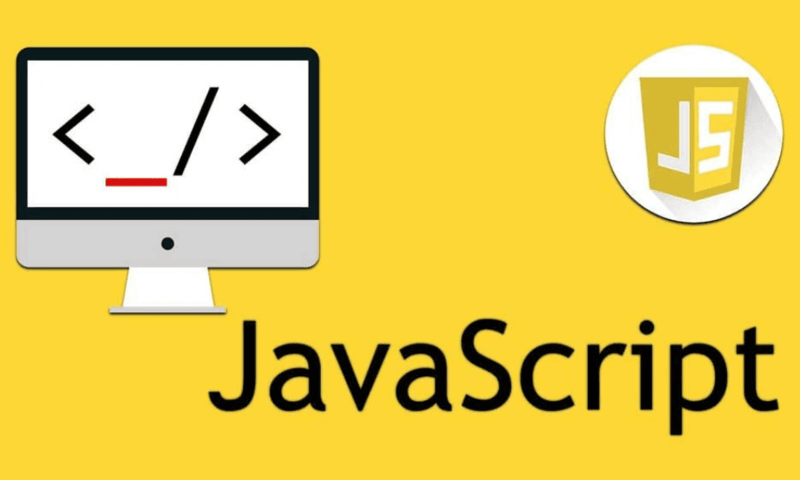Android app development is a cornerstone of the mobile industry. It has grown tremendously since its inception in 2008 and now makes up 97% of the smartphone market share. If you want to tap into the fast-growing and lucrative app development industry, it’s essential to learn how to program in one or more of the top 5 Android app development languages: Kotlin, Java, C++, C#, Dark
Within this article, we will go over each language. Why it should be your choice for Android app development languages and what tools are available to get you started.
The first programming language we’ll discuss is Kotlin. It’s a statically typed programming language that runs on the Java Virtual Machine (JVM). Kotlin offers a concise code syntax which makes it one of the most popular choices for Android app developers. Java is one of the oldest programming languages in existence. It’s still used today not only because of its extensive libraries but also because it can be cross-compiled. And many more,…
1. Kotlin
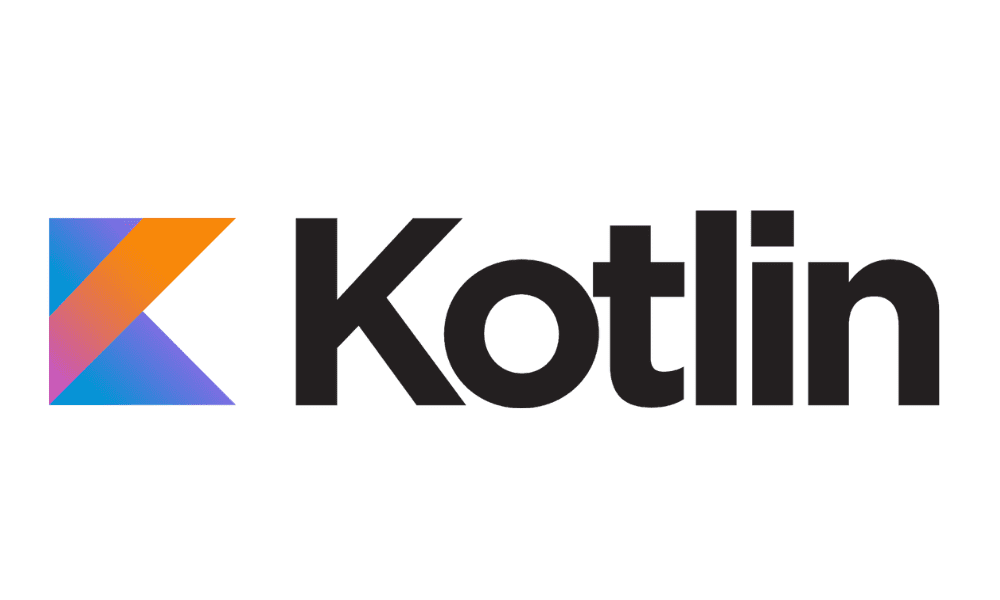
One of the most popular programming languages for Android app development is Kotlin – a statically typed programming language that was created by JetBrains.
It has a concise code syntax that makes it one of the most popular choices for Android app developers. It can be compiled to JavaScript or native code and runs on the Java Virtual Machine (JVM).
The main benefits of using Kotlin for your next project are:
- Easier to read code
- Less verbose
- Concise set of libraries
- Easy refactoring
- Faster compilation time
Pros
The benefits of choosing Kotlin over other languages are many. It’s a modern language without too much-outdated baggage, which means there are fewer quirks and less confusing features. It’s a compiled language, you’ll have an easier time scaling your app to multiple platforms or devices, even to mobile apps written in Java.
It also has some cool features like null safety and lambdas. Null safety prevents your app from crashing or throwing errors when it encounters null pointer exceptions. Lambdas make coding more efficient by allowing you to write methods with only one line of code. That can be executed at any part of your app without changing the logic flow.
Cons
Kotlin is a great programming language to use for Android app development because it’s more concise and type-safe than Java. But, there are some downsides to using Kotlin as your primary programming language.
For one, Kotlin can be difficult to debug and has had compatibility issues with older versions of Android and the tools used for developing Android apps. Some even say there’s a lack of documentation about how some features work.
Another downside is that Kotlin is new and it may only be supported on new devices for a limited time period. It’s also still an evolving language that needs more time to mature which means you’ll need to keep up with the changes as they happen.
2. Java
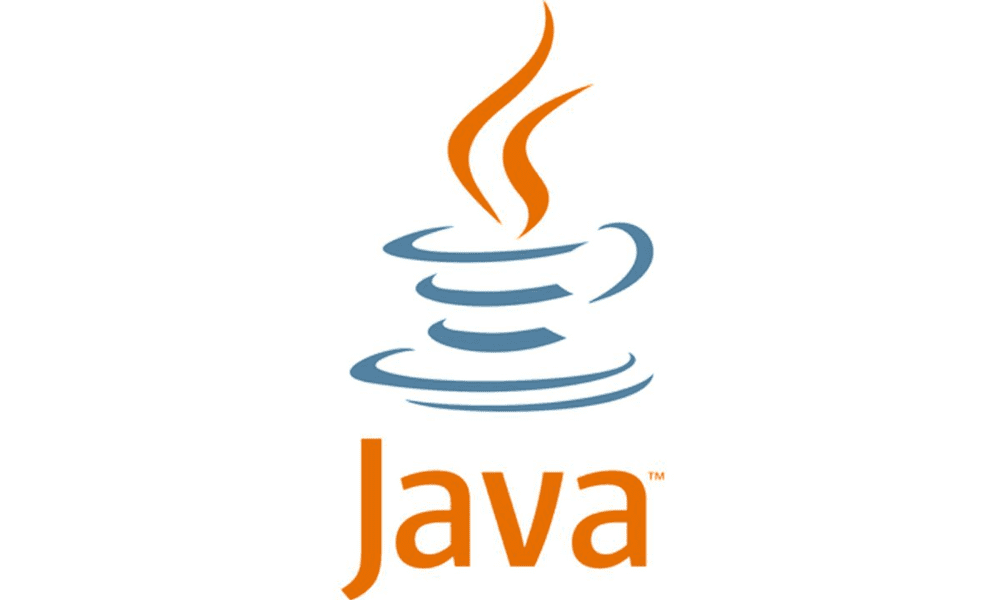
Java is a general-purpose programming language that was designed to have as few implementation dependencies as possible. This makes it usable across many different platforms. For example, it can be run on any operating system that has a compatible virtual machine installed.
Java is the most popular Android app development language because of its simplicity and availability of resources. It’s easy to get started with Java because it’s one of the most widely used programming languages in existence. Java is also compatible with many different platforms which means you can use whichever operating system you are most comfortable with while still being able to use Java.
Pros
Java is a great choice for developers who want to work with Android app development. Along with Kotlin, Java provides the best compatibility for apps on Android devices. If you’re going to be releasing your app on the Play Store, you’ll need to make sure that it’s compatible.
Along with being cross-compiled, Java is also one of the easiest languages to learn and use. This is an important factor for those who are new to programming.
Another benefit of Java is its extensive code libraries which provide plenty of resources for developers when they get stuck or want to make improvements. With these libraries, it’s easy to find any project-specific information you need without having to spend time searching through forums or social media groups.
Cons
Despite being one of the most popular programming languages in the world, it still has its cons. One issue is that Java can be difficult to master and requires years of experience to be truly effective. It also offers an extensive amount of libraries which can make it difficult to learn how to program for Android app development without needing to study extensively.
3. C++
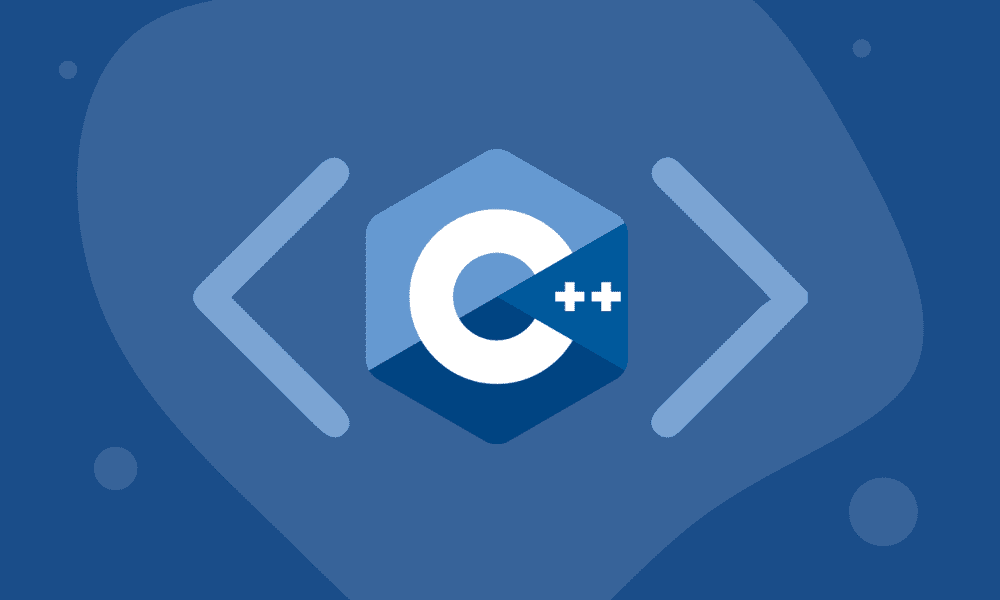
This programming language is considered to be one of the best for Android app development because it offers an easy-to-use syntax and is extremely fast. C++ is also used in other industries like game development, machine learning and desktop applications.
Furthermore, Swift was designed by Apple as a successor to Objective-C, which was heavily influenced by C++. This language can be used for both Android and iOS app development and has many features that make it perfect for creating intuitive interfaces.
Tools are available online or through your Android phone that can help you install these languages on your device to get started today!
Pros
C++ is a programming language that has been around since 1979 and still remains popular because it can be compiled for a number of different platforms.
It’s also one of the fastest languages for Android app development because it uses less RAM. Additionally, it’s one of the most widely used languages for mobile app development.
Java is a general-purpose computer programming language which was first released in 1995 by Sun Microsystems. It’s an object-oriented language with strong support from various libraries which make it easier to develop apps.
Swift is a compiled programming language that was introduced by Apple in 2014 as their new open source programming language. Swift is designed to work with Cocoa and Cocoa Touch frameworks and offers seamless integration with Xcode which makes coding easier and more intuitive. Objective-C is a general-purpose object oriented programming language that was created in the 1980s by Brad Cox and Tom Love for use on Smalltalk-80 systems.
Cons
C++ is one of the most difficult programming languages to learn. It’s also an old programming language with many versions, each with different syntaxes. This can be a major setback for Android app developers who are just starting out. Regardless, C++ is still used in the industry by established professionals.
4. C#
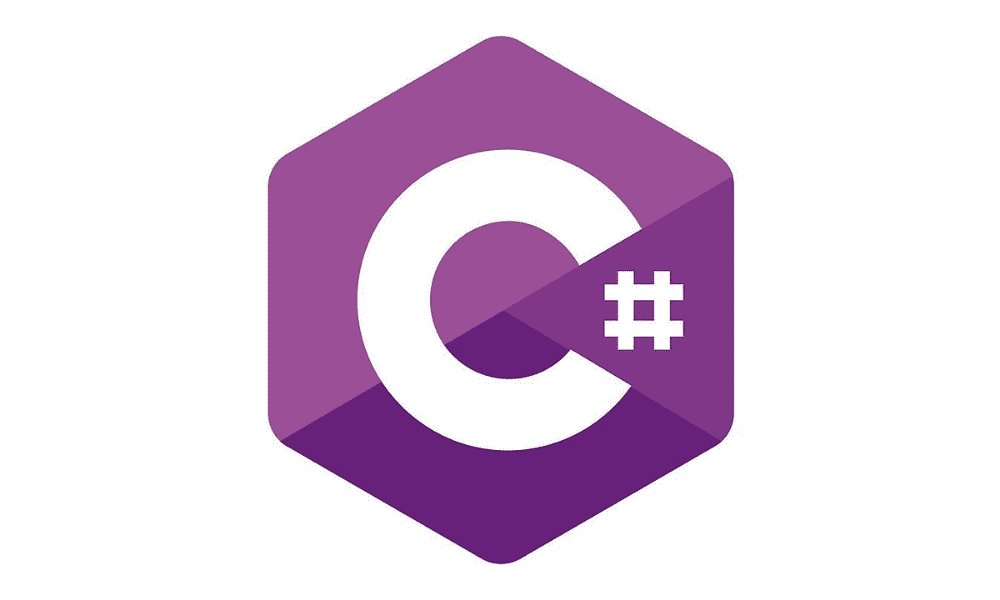
Developed by Microsoft as an evolution of the C and C++ languages. It was designed to be a powerful, modern programming language for use in the development of desktop, mobile, and web applications. These days, C# is one of the most popular choices for Android app developers thanks to its simplicity and power.
C# was developed to allow developers to write their programs in a simple and precise manner that can be easily read and understood by other programmers. With this simplified syntax, it’s easy for anyone to start writing code without having significant knowledge about different codes.
Another major reason why C # is popular among app developers is that Microsoft provides tools for all stages of the development process. This includes IDEs like Visual Studio Community Edition which provides you with all the features you need to develop your app from start to finish without any additional purchases or downloads required.
Pros
C# is a strong, object-oriented programming language that was developed by Microsoft. It operates on the Common Language Runtime which means it can be used on multiple platforms. C# is one of the most popular choices for Android app developers because of its versatility and ability to be cross-compiled to run on any platform.
C# is an object-oriented programming language which means it’s more focused on classes and objects rather than functions or procedures. One of the benefits of this is that there are no undefined values, which makes it easier for programmers to debug their code by providing them with more information about where they need to look for errors.
Cons
C# has been the go-to programming language for various software projects since it was first introduced in 2000. It is also one of the most widely used programming languages with around 12 million developers in the world.
However, it’s not without its faults. C# is a statically typed programming language which means that variables, methods, and other components are fixed when they’re created. This can be helpful in some ways because you know exactly what you’re getting when you create something but can also mean that your code may not be as flexible. A programmer may have to write more lines of code to get the same result which could be taxing on their time and lead to errors in coding due to fatigue.
5. Dark (newest Android app development language)
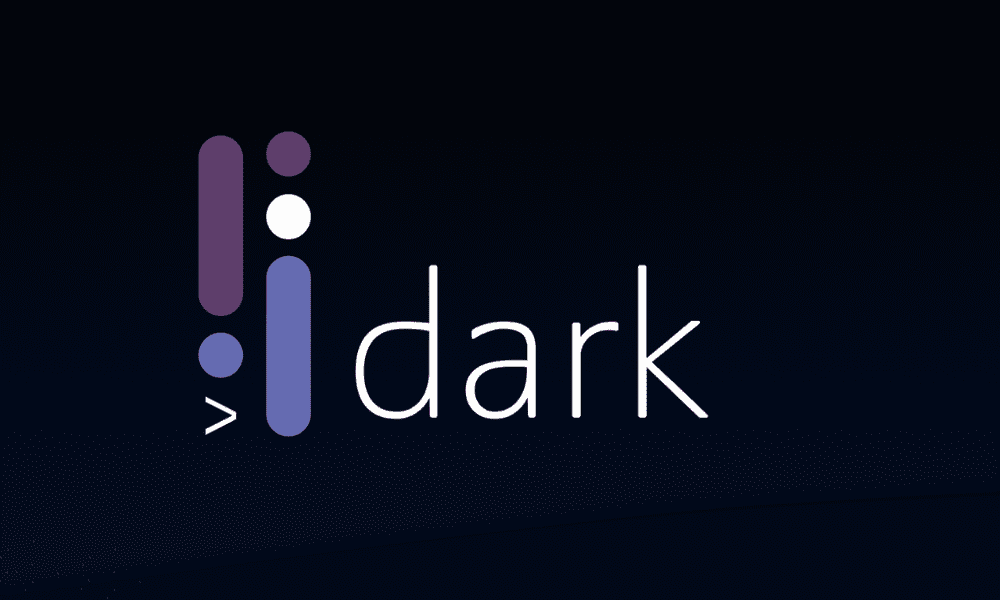
“Dark is a programming language for the Java Virtual Machine (JVM). It was originally developed at Facebook as an experimental tool for doing research on software performance. It was designed to be used together with the open-source Datalog data analysis language, but Dark is not limited to this use case.” What is Dark and why does it matter? Read more here
Pros
Developing in the Dark programming language (DARK) is ideal for quick prototyping and creating games. It’s easy to use, offers a fast learning curve, and is designed for rapid development.
The best part of DARK is that it enables developers to work with multiple technologies like HTML5, JavaScript, and C++. This makes it possible to build anything from simple apps to sophisticated games.
Cons
While Dark is one of the newest languages for Android app development, it has a lot of potentials. It’s based on Kotlin, which is one of the most popular choices for Android app developers.
The cons to using Dark are that it’s only available on Android Studio 3.0 and higher. This means that if you’re not using this particular version or higher, then Dark will be unavailable to you.
Additionally, while there are many positives to using Dark, it lacks some of the features that other languages offer. For example, it doesn’t have any libraries yet so if you need any kind of library for graphics or networking then dark may not be available to you at this time.
However, these are just small negatives in comparison to the pros of Dark programming language.
Conclusion
There are many different languages in the world and many Android app development languages. But which ones should you learn? In this article, we have compiled a list of the best languages for app development for 2022.
As a developing language, Kotlin is quickly gaining recognition because it compiles to Java bytecode and allows Java code to be mixed with Kotlin code. Kotlin also has a number of features that make it more attractive to developers than Java. Kotlin is fast enough for mobile devices and produces smaller executables by eliminating unnecessary runtime checks.
Designveloper is excited to help you jump on board with the latest technology, so call us today! We provide all of the services needed for any size business and more. Our web development service includes web design, mobile application design and consulting and more,… Please give our team a call if you want an estimate or just some advice on how we can help your company in this new field!
The post Top 5 Best Android App Development Languages for 2022 appeared first on Designveloper.
December 30, 2021 at 10:46AM


